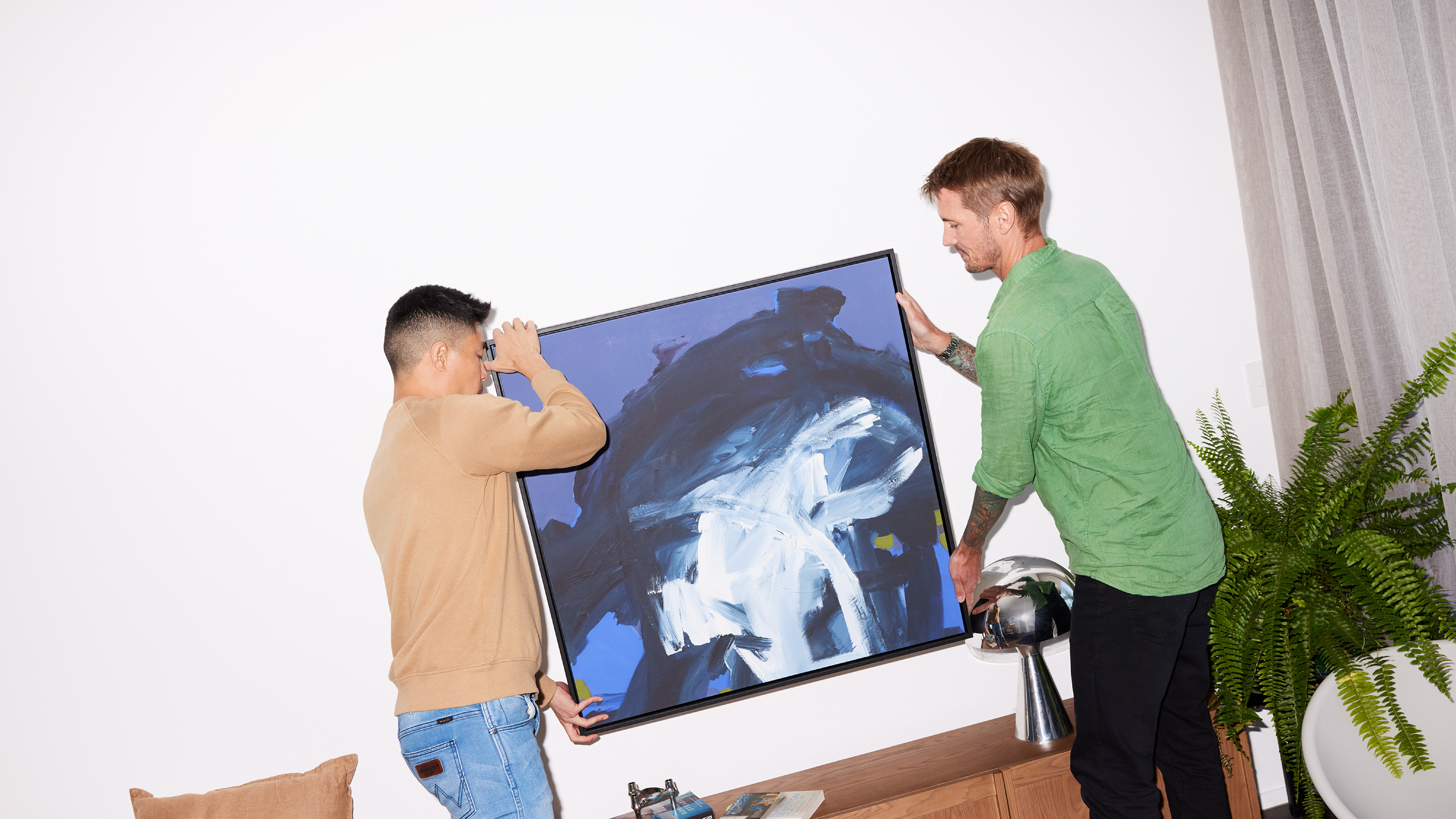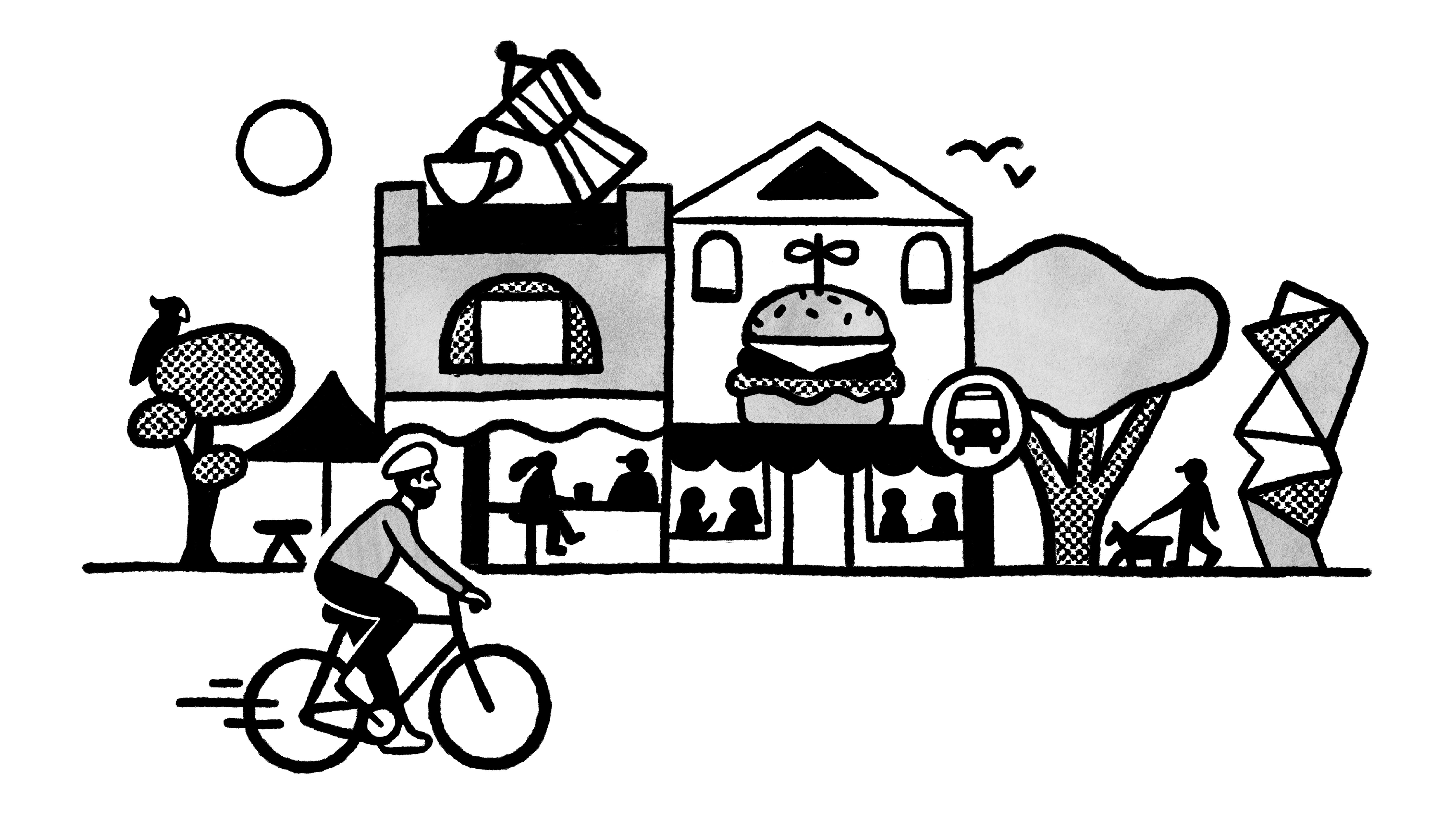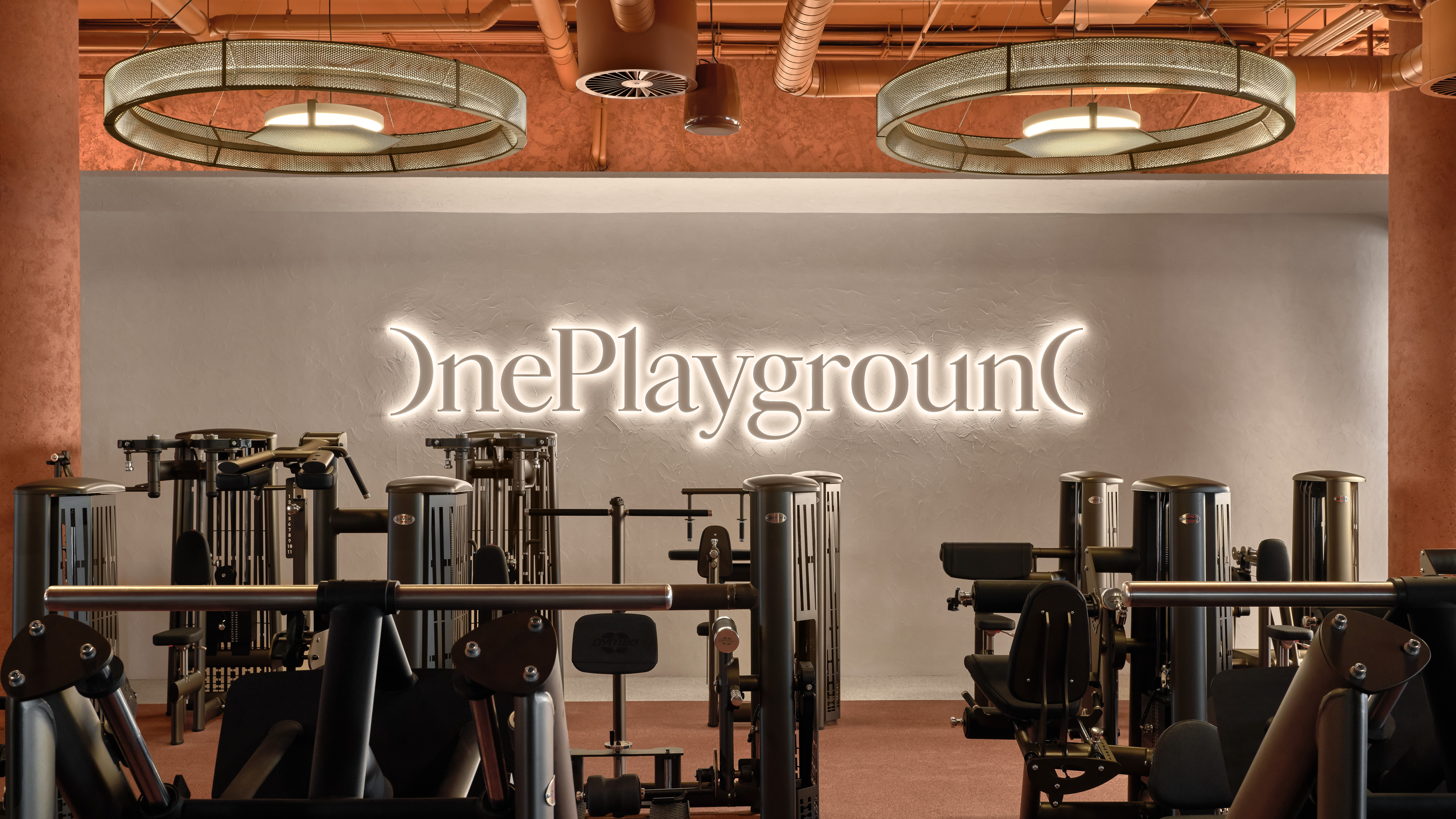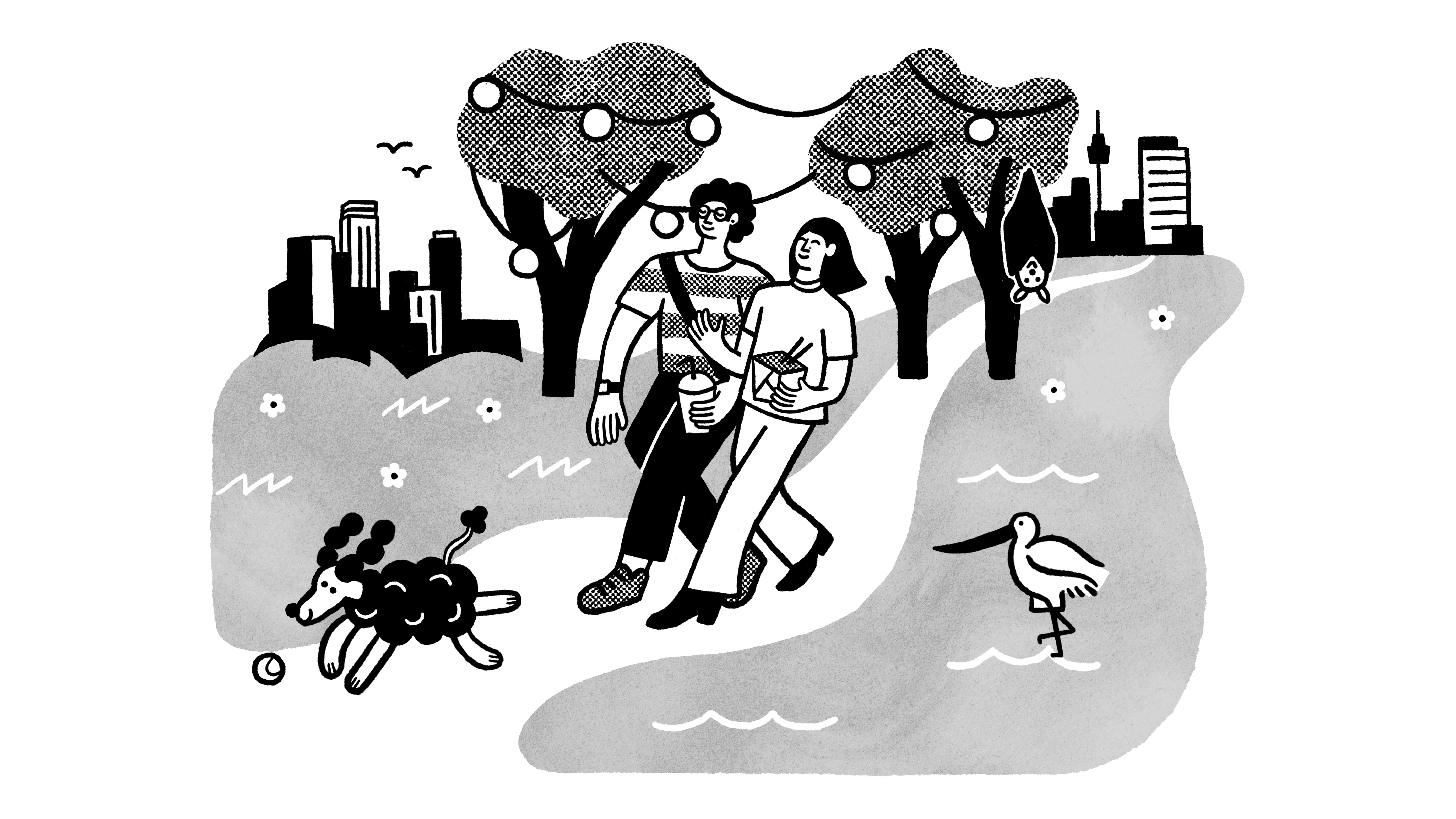This week marks International Day of Friendship—but this isn't just another feel-good celebration. Science shows friendship is essential for happiness and longevity, with your mates literally contributing years to your life.
International Friendship Day has got us thinking about what friendship really means—the people who ride the highs and lows of life alongside us. But friendship isn't just warm feelings. It's about belonging, purpose, and yes, even navigating conflict and growth together.
mates are medicine
Recent studies show that people with high-quality friendships live 24% longer, while having strong social ties gives you a 50% better chance of survival. Research from Prof. Rose Anne Kenny at Trinity College Dublin shows that friendship is as important as exercise and diet and physical activity for your biological health.
The mechanism is fascinating: loneliness triggers chronic inflammation, which underpins major diseases like cancer, heart disease, and strokes. We've evolved to need other people, just like we need food and water. More than 80% of centenarians communicate with a friend daily—and it's about quality, not quantity.

Learning from Loneliness
Australia faces a loneliness epidemic. Urban living can paradoxically isolate us despite being surrounded by millions. Short leases and constant moves make it harder to build the social roots our health depends on.
But loneliness isn't entirely negative. John Cacioppo, the neuroscientist who pioneered loneliness research, described it as a biological signal, akin to hunger or thirst. As Paul Bloom explains in The New Yorker, loneliness is corrective feedback—a nudge pushing us toward connection. It can motivate us to text a friend, show up for brunch, or try harder with people already in our lives.
However, chronic loneliness can become debilitating. The key is recognizing when that biological signal is trying to help versus when it's become harmful.
the art of connection
While friendship is vital for wellbeing, not all relationships are beneficial. Managing our connections well is crucial—because toxic relationships can have the opposite effect.
Prof. Kenny's research shows that strained relationships can be worse for your health than being alone. The Whitehall II study, following over 10,000 people for 12 years, found toxic relationships increased heart problems and death risk. Emotionally detrimental relationships cause a 50% increase in anxiety and depression symptoms.
Keys to healthy connection:
Nurture relationships that energize rather than drain you
Set boundaries with consistently negative people
Prioritize meaningful conversations over frequent contact
Choose shared activities over passive hanging out
— Nurture relationships that energize you rather than drain you
— Set boundaries with people who consistently bring negativity
— Quality time beats frequent contact—one meaningful conversation can matter more than daily small talk
— Shared activities build stronger bonds than just hanging out

friends live here
At Nation, we've designed all our neighbourhoods with friendship in mind—but it goes deeper than amenities.
Spaces That Work: Private dining areas for hosting those dinner parties that run late. Co-working spaces and rooftop gardens where conversations spark naturally. Pet-friendly buildings because nothing breaks the ice quite like a cute dog.
Time That Matters: Build-to-rent means longer leases, letting you invest in relationships without worrying about next year's move. As life changes, you can relocate within the Nation community—keeping your social connections constant while your living situation evolves.
a social prescription
Let's be real: aking adult friendships can be awkward. Maintaining relationships takes work. People disappoint you, drift away, or life interferes. But chronic isolation can take years off our lives.
Simple steps that work:
— Join group activities instead of going solo
— Show up even when you don't feel like it
— Call someone you miss instead of just thinking about it
— Say yes to invitations, especially when tired
For International Day of Friendship, pay attention to that nagging feeling of disconnection. Your loneliness isn't personal failure—it's biology telling you something essential is missing.
Whether you're building community in a Nation apartment or your current neighbourhood, remember: home isn't about square footage or fixtures. It's about creating conditions where real connection can happen. Sometimes the best medicine really is a good mate and a shared meal.




